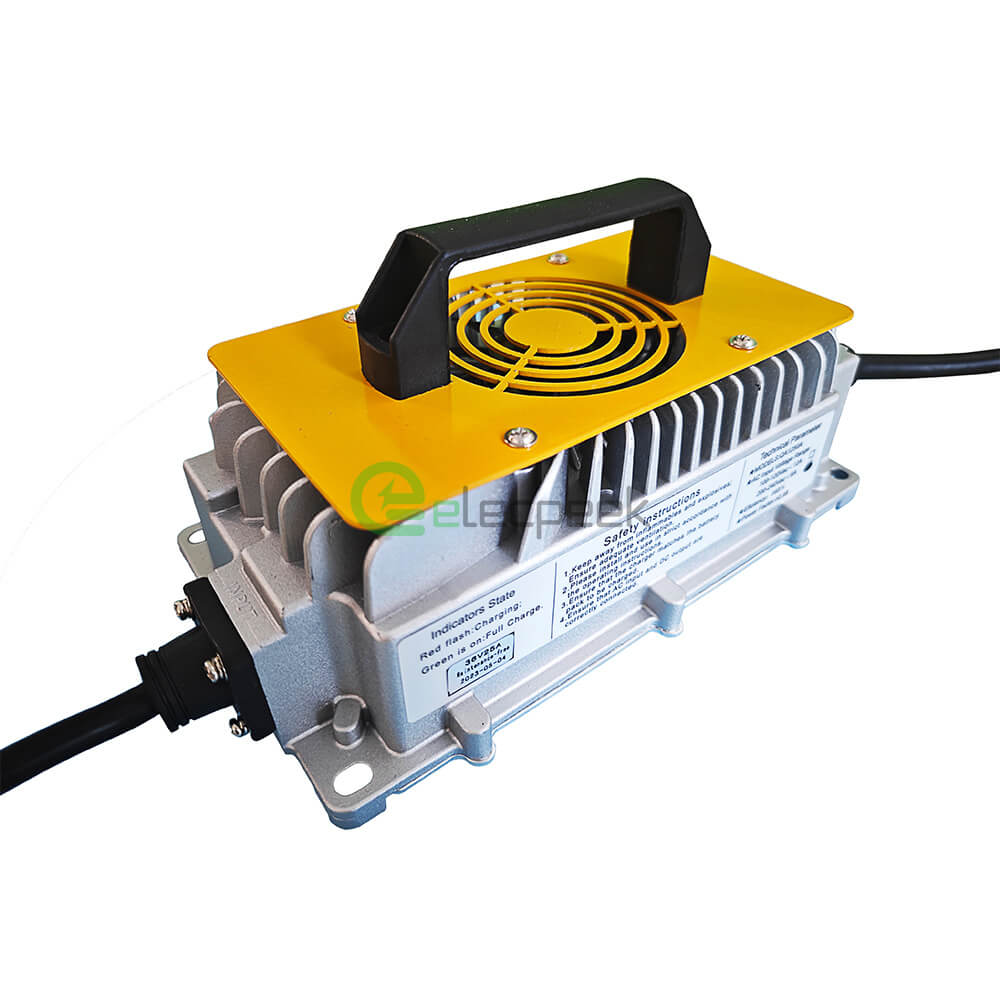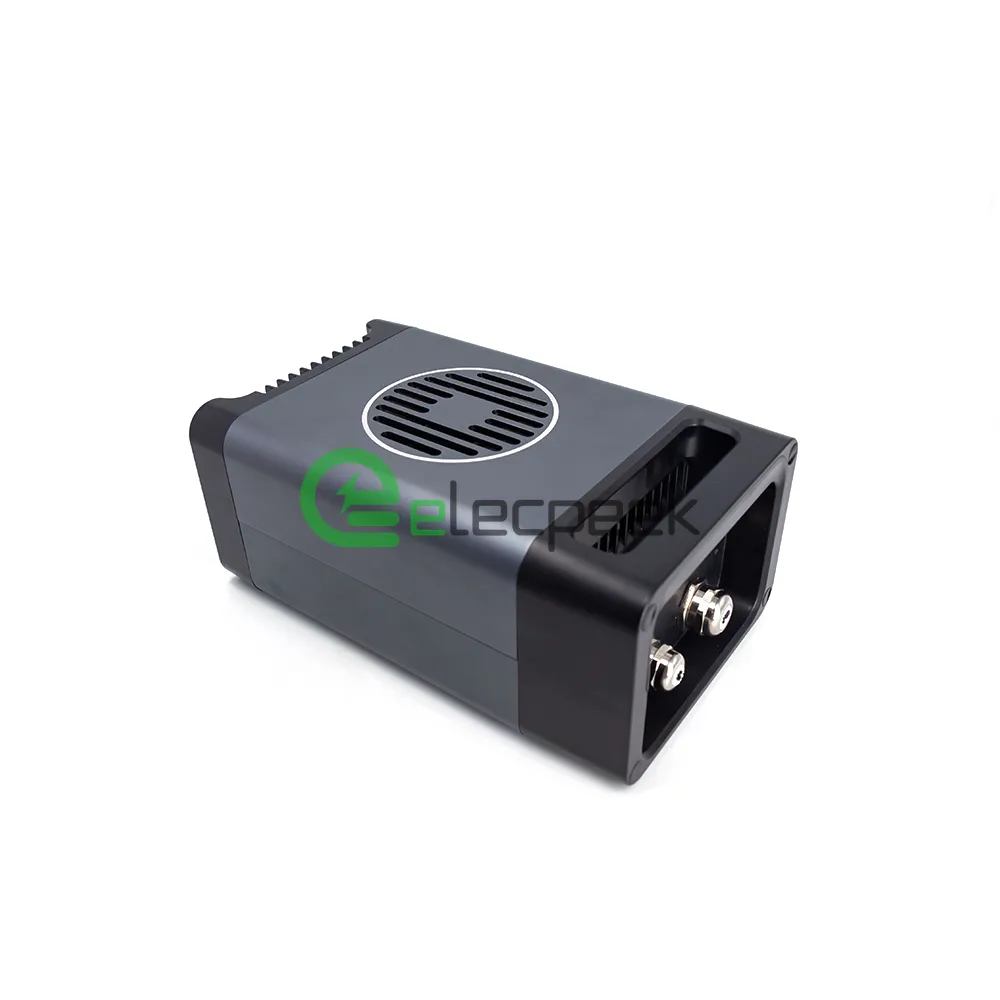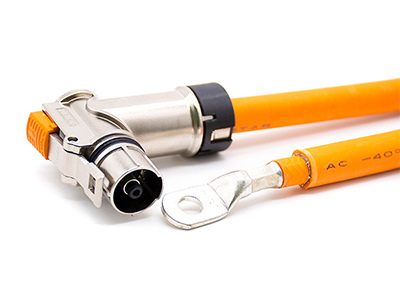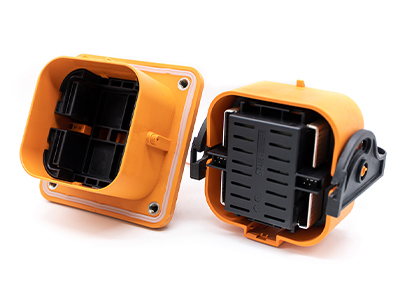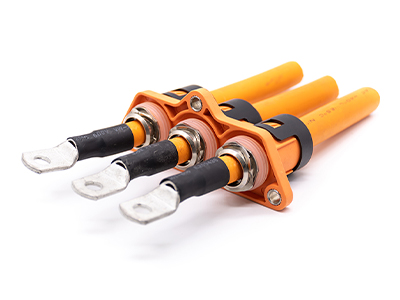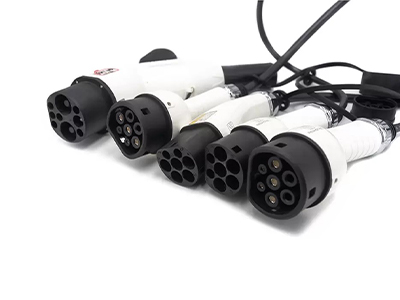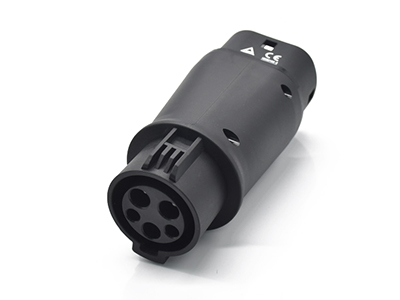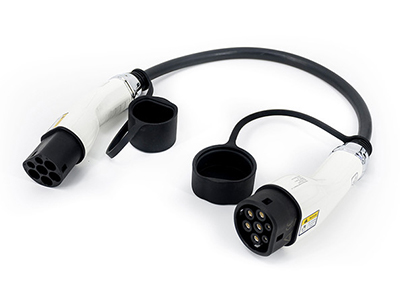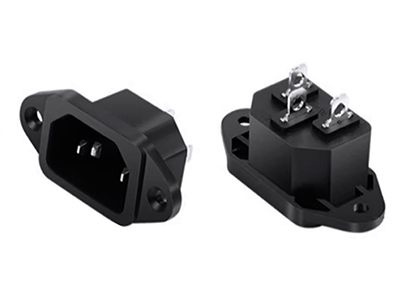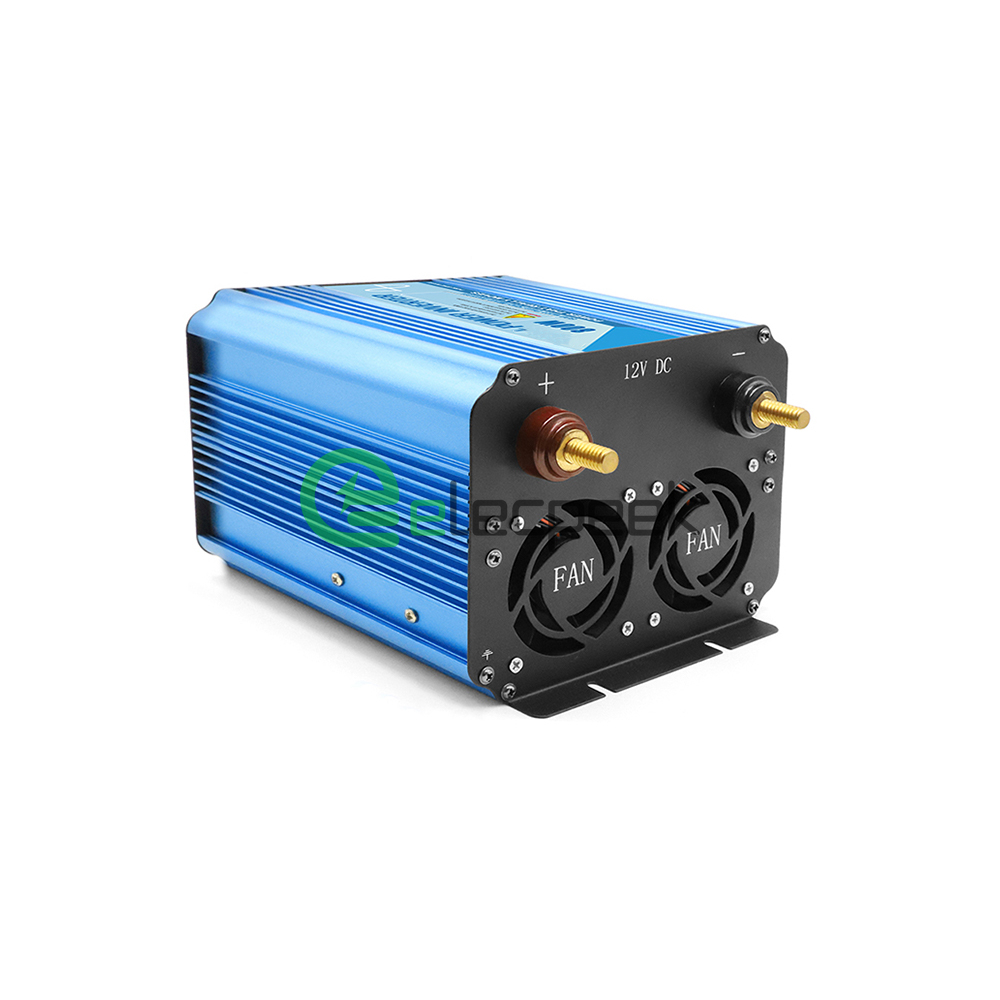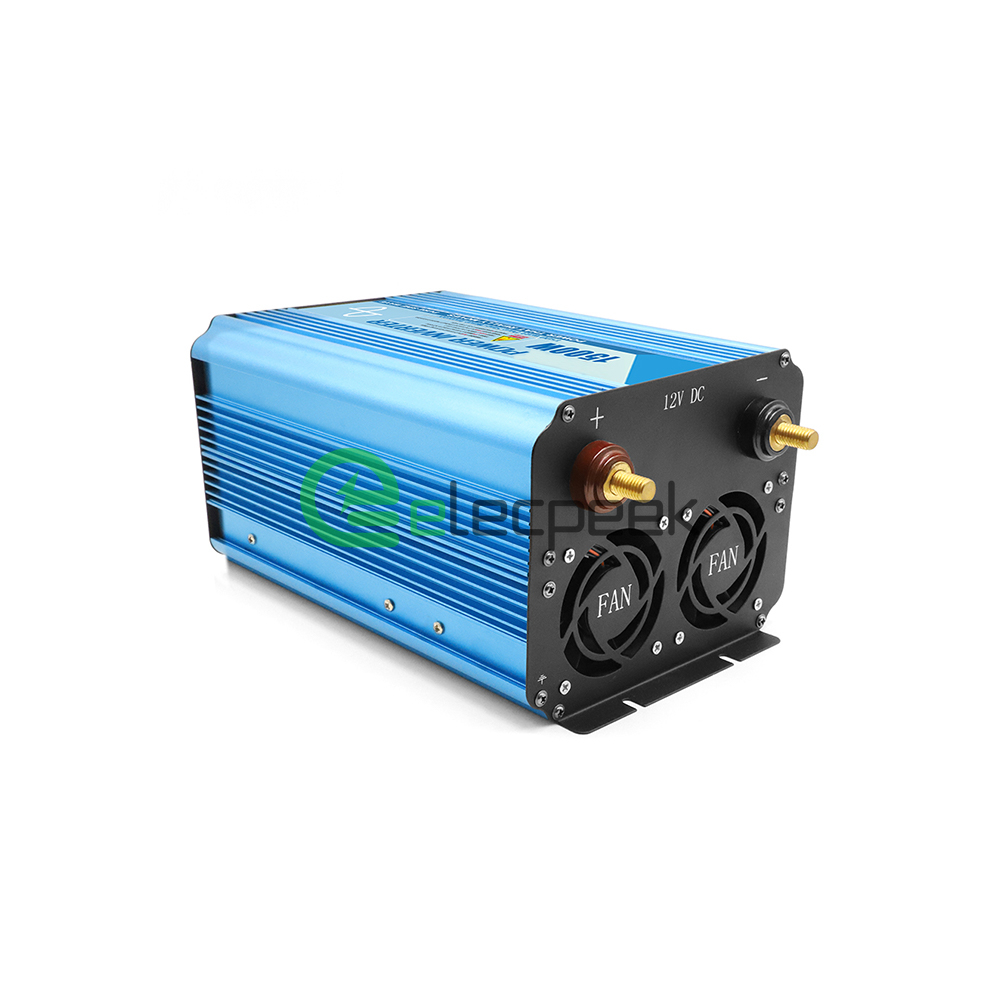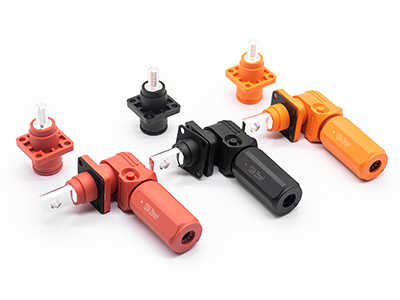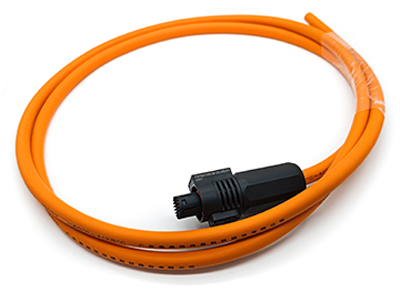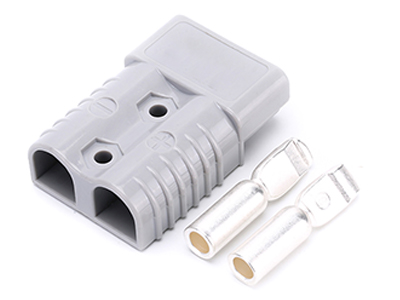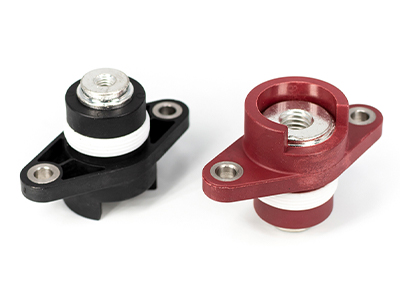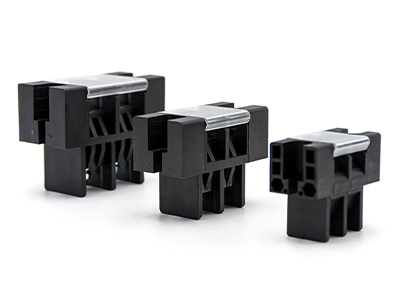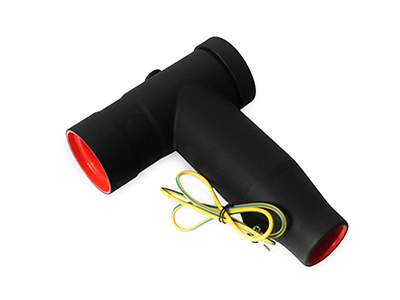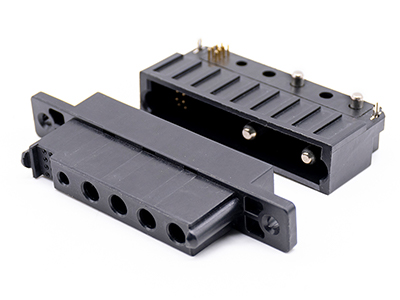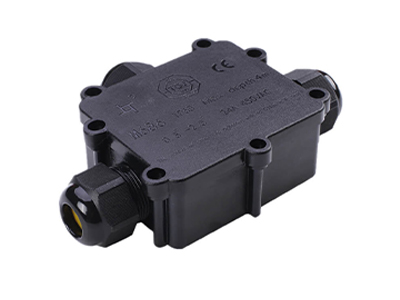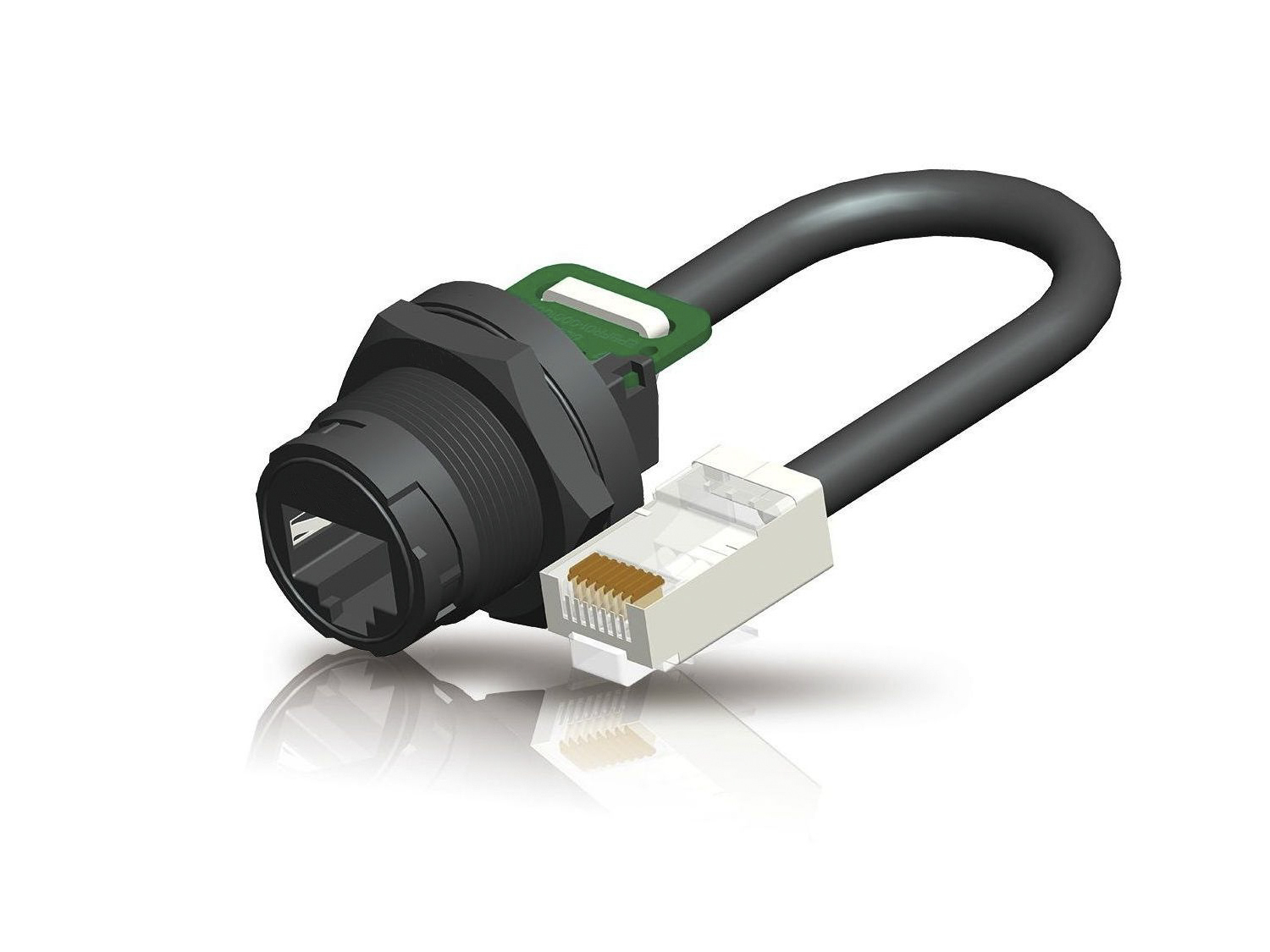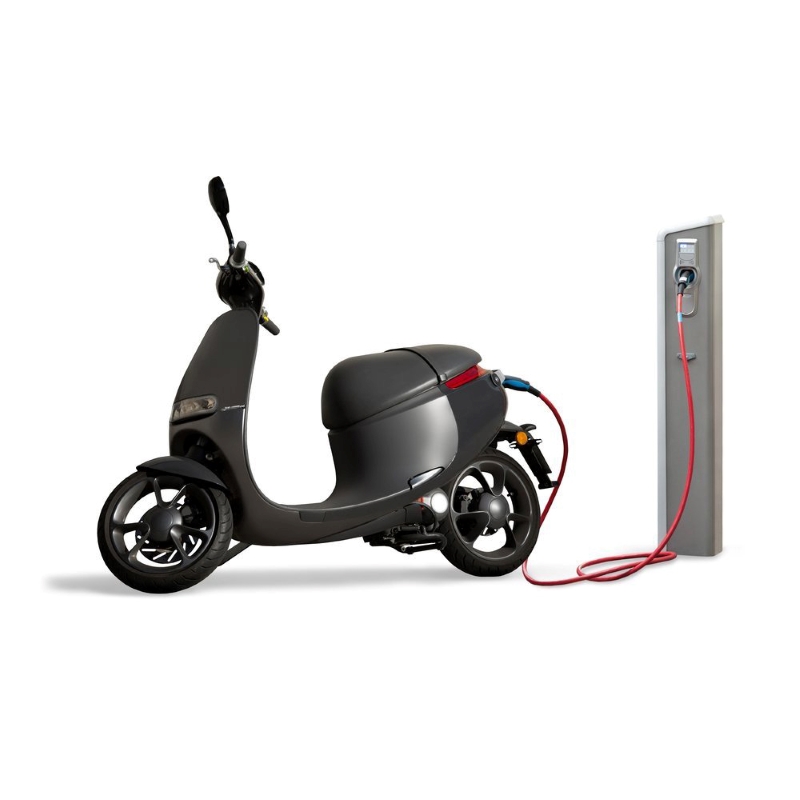FAQ
Can I charge my electric vehicle with a J1772 plug at home?
In a nutshell: Yes, you can charge your electric vehicle (EV) with a J1772 plug at home, given that you have the necessary equipment and setup.
Let’s dive into this topic with a more thorough explanation.
SAE J1772 is a North American standard for electrical connectors for electric vehicles maintained by the Electric Vehicle (EV) Conductive Charge Coupler committee under the Society of Automotive Engineers (SAE). This standard provides specifications for the electrical and physical characteristics of the EV supply equipment (EVSE) and vehicle conductive charging system. Simply put, J1772 is a type of plug designed specifically for charging electric vehicles (1).
When it comes to charging at home, one should be aware of the charging levels. Level 1 charging, which typically uses a 120V AC outlet, is the most basic form of charging. However, its charging speed is quite slow, usually providing 2 to 5 miles of range per hour of charging. Level 2 charging uses 240V (for residential) or 208V (for commercial) AC, and this is where the J1772 plug comes into play. Level 2 charging offers significantly faster charging speeds, typically providing 10 to 60 miles of range per hour of charging (2).
To charge your electric vehicle with a J1772 plug at home, you’ll need a Level 2 home charging station that’s compatible with the J1772 plug. This charging station needs to be professionally installed and connected to a 240V circuit. It’s highly recommended to hire a qualified electrician for this job due to the high voltages involved. Once installed, you can use the J1772 plug to charge your electric vehicle, offering a much faster charging time compared to Level 1 charging (3).
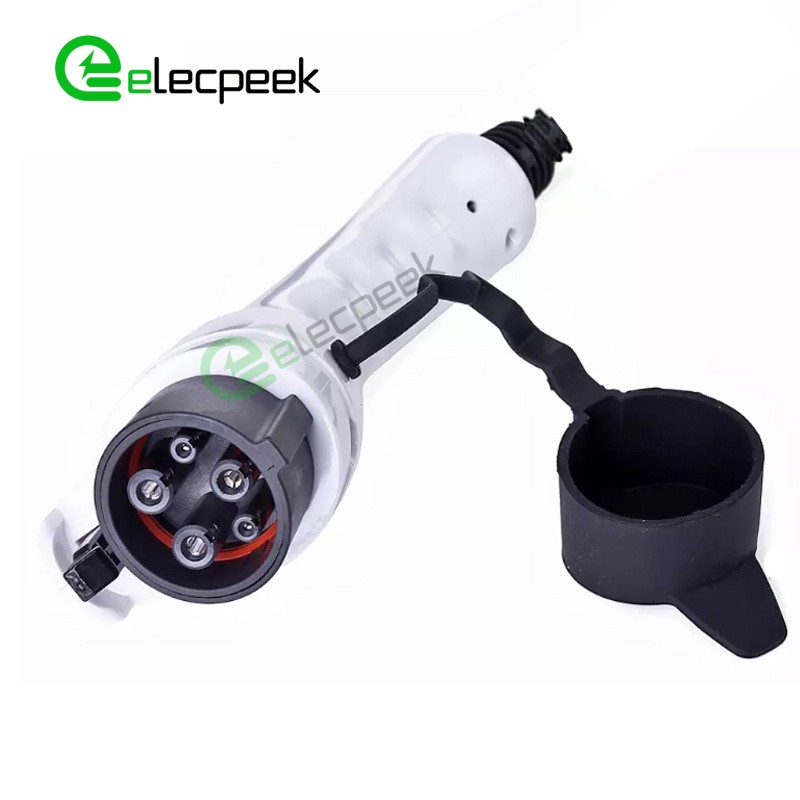
To sum it up, yes, you can certainly charge your electric vehicle with a J1772 plug at home. The main caveat is the initial investment for the Level 2 charging station and the cost of professional installation. Nevertheless, the benefits, primarily the significantly reduced charging time, often outweigh the upfront costs for many EV owners.
References:
- SAE International: SAE J1772
- Energy.gov: Electric Vehicle Charging at Home
- Consumer Reports: Electric Car Charging at Home


